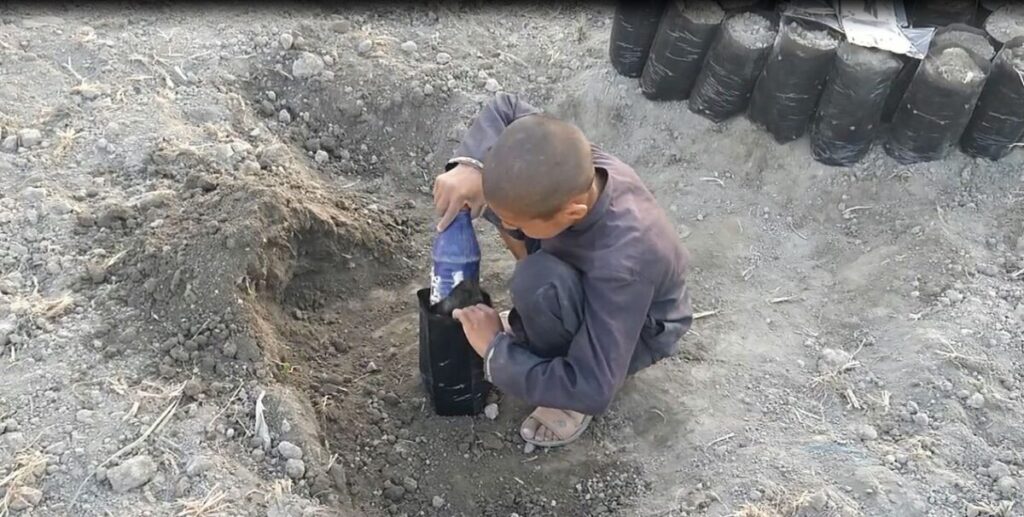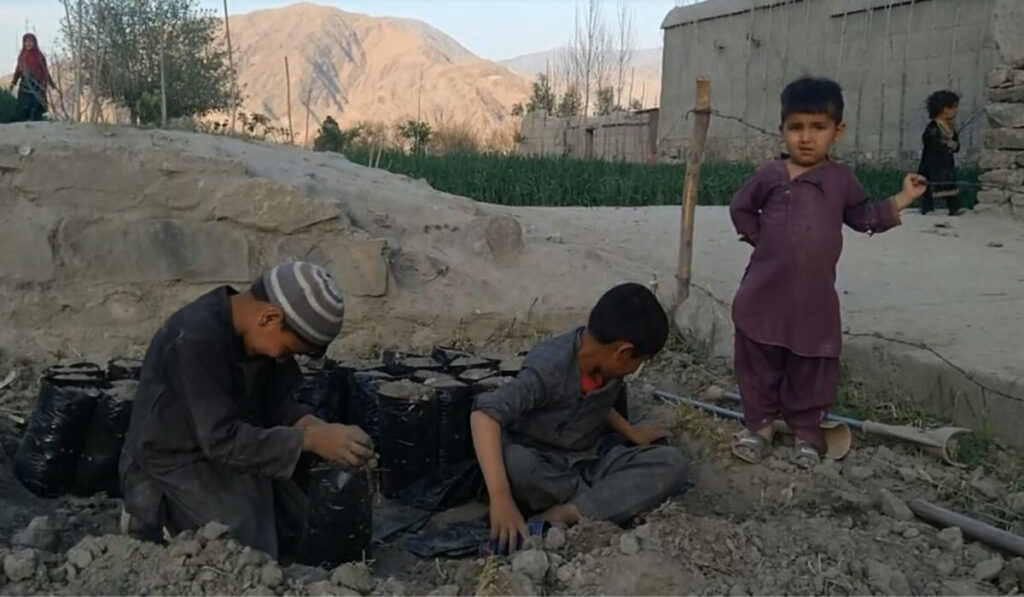Financial disruption as a result of pandemic containment policies in the United States adversely influenced children’s mental health, according to a new study co-led by Weill Cornell Medicine and Columbia University investigators. Mitigating these economic effects may help protect children’s wellbeing if strict containment policies are needed in the future, according to the investigators.
The study, published in JAMA Network Open, examined the relationship between school and financial disruptions to children’s sleep and mental health during COVID-19, accounting for a variety of pandemic-related policies. This work builds upon a previous publication by lead author Dr. Yunyu Xiao, assistant professor of population health sciences at Weill Cornell Medicine, senior author Dr. J. John Mann, the Paul Janssen Professor of Translational Neuroscience (in psychiatry and radiology) at Columbia University, and colleagues reporting that children’s psychological status was influenced by socioeconomic factors like access to health care, food insecurity and vaccination rates.
“Children’s mental health and exposure to stress in early life may have a long-term impact in later life,” said Dr. Xiao. “Simultaneously, containment policies are necessary as an emergency strategy in a pandemic to prevent disease transmission.”
“We need to understand the impact of these policies on children’s mental health to better inform public policy and prepare for public health emergencies,” she said. “So, when we do have containment policies in place, we can mitigate their effects.”
In the new study, Dr. Xiao, Dr. Mann, and investigators at the University of California, Berkeley (Drs. Timothy Brown, Lonnie Snowden, Julian Chun-Chung Chow), conducted a nationwide study on 6,030 children between 10 to 13 years old. They used data from the NIH-funded Adolescent Brain Cognitive Development Study, a long-term study of children’s mental health across 21 U.S. cities, and surveyed children and their guardians about mental health and sleep between 2020 and 2021. The team also collected information on COVID-19 policy, COVID-19 incidence and unemployment rates to measure the relationship between children’s mental health outcomes and these factors during the pandemic.
The team found that financial disruption, such as a parent losing their job or taking a decrease in wages, was associated with an increase in stress, sadness, and COVID-19-related worry – but had no association with sleep – in the children surveyed. School disruption was not associated with changes in mental health or sleep, surprising the researchers. One possible explanation for this unexpected result is if children had more protective factors like increased parental care at home during lockdown, which would help with mental health, Dr. Xiao said.
“Previous research has examined the associations of the COVID-19 pandemic on mental health, but little information has been published on its causal effects on children,” said Dr. Mann. “This study is the first longitudinal observational study in children to estimate bias-corrected associations of school and financial disruptions with mental health and sleep.”
The study team comprised investigators with wide-ranging expertise. Drs. Brown and Snowden brought insights into health service research, particularly disparities in access to health care. Dr. Chow contributed expertise on the social welfare needs of children from underrepresented communities, and Dr. Mann offered critical insights for clinical implications.
“The findings of this study highlight the adverse impact of financial disruption on children’s mental health, emphasizing the need to address economic, environmental, physical, and mental health impacts of the COVID-19 pandemic, and underscores the importance of a multidisciplinary approach in developing evidence-based policymaking,” said Dr. Jyotishman Pathak, chief of the Division of Health Informatics and the Frances and John L. Loeb Professor of Medical Informatics at Weill Cornell Medicine.
Dr. Xiao plans to continue this research with a focus on those facing health disparities. She highlighted the need for research on the impact of pandemic-related hate and racism on the mental health of Asian Americans. She also wants to assess the impact of the COVID-19 policy on suicide and establish collaborations with community organizations to address social needs during a pandemic.
“We must not only take care of clinical needs but also study other factors that affect people,” she said. “To conduct the best science aimed at improving lives, we need to develop holistic public health approaches that go beyond treating biological causes of illness and addressing the social determinants of health.”









